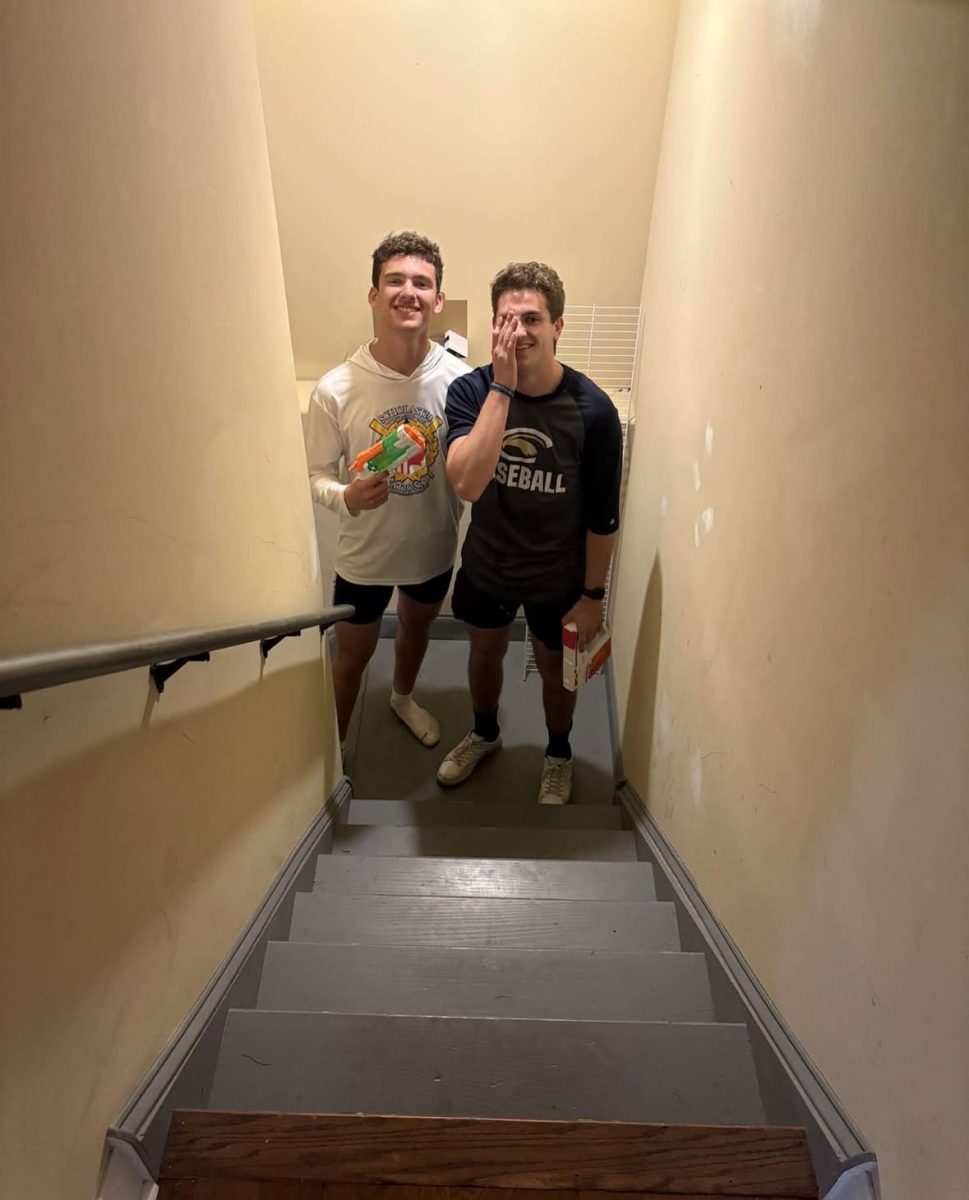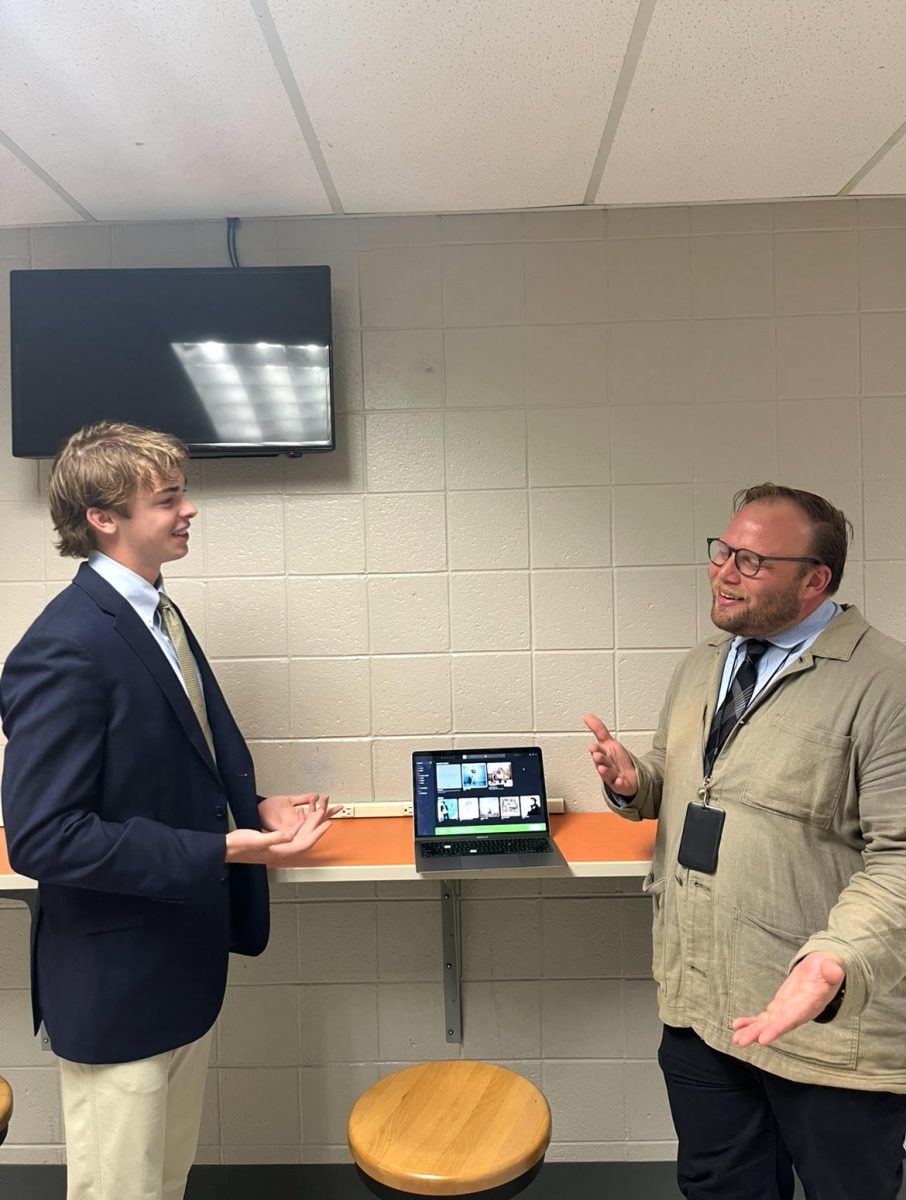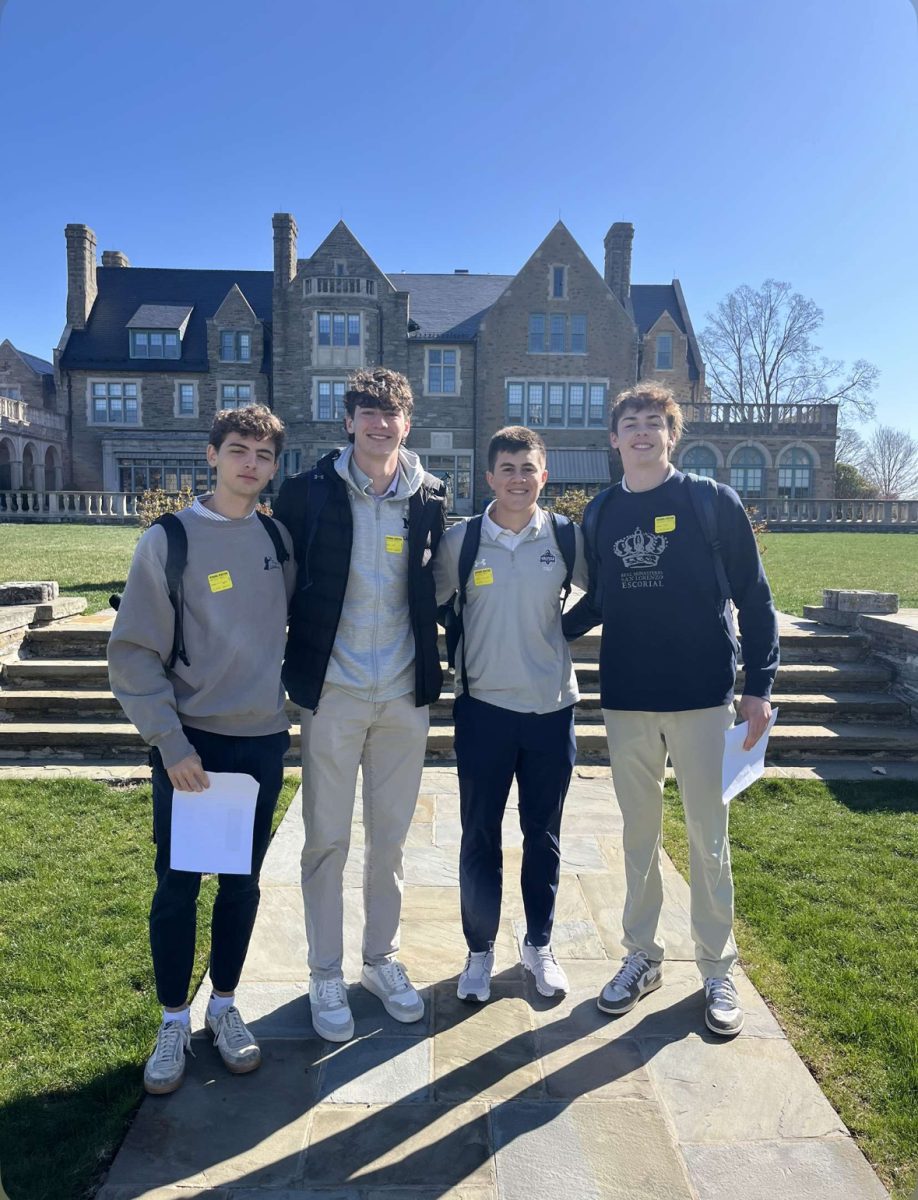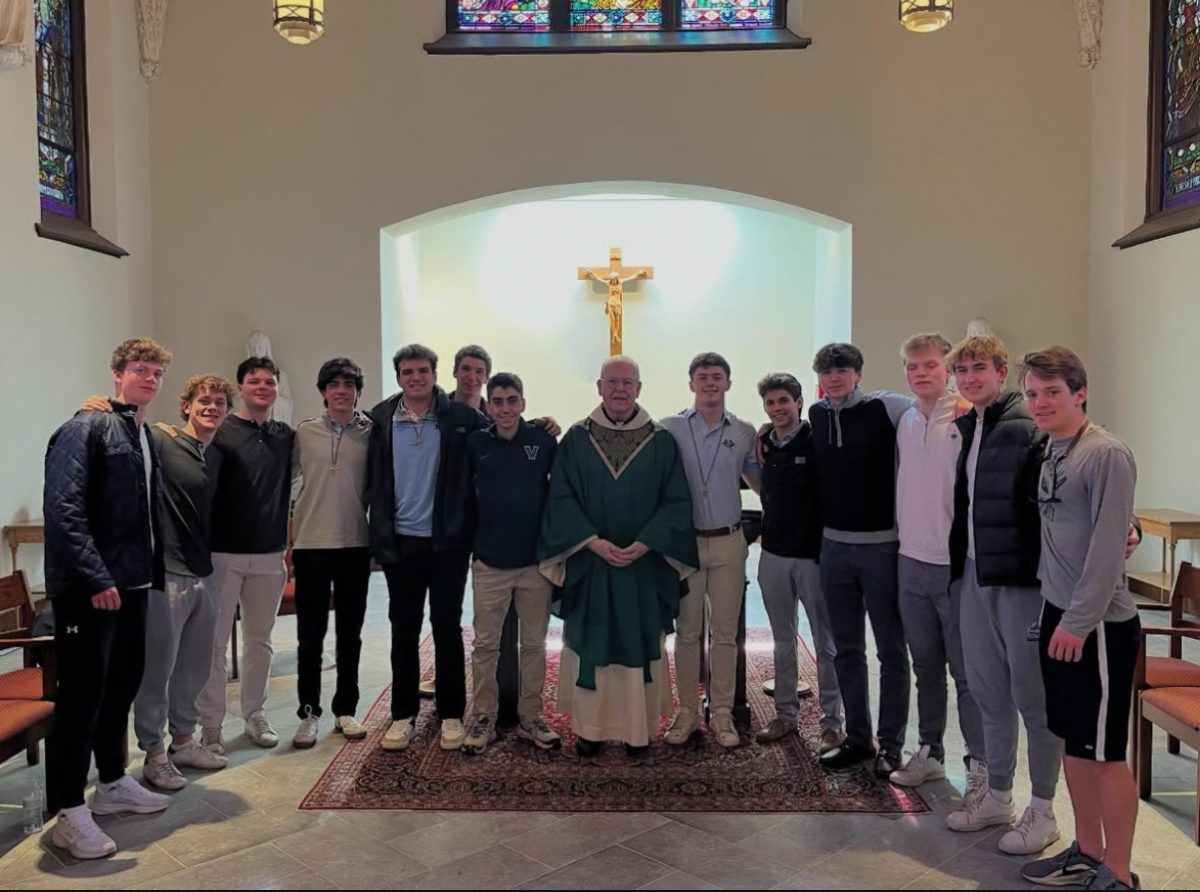As politicians across the EU try to address problems raised by immigration, thousands of refugees flood into their borders
As civil war in Syria continues, Europe has been slammed with thousands of refugees fleeing war in the past few months.
Although this problem has been developing for a while, it has recently became front-page international news as hundreds trekked across Hungary to get to Austria and Germany. Those countries welcomed them with open arms.
Social Justice and History of the Church Teacher Fr. James Cassidy, OSA believes that the European nations have taken on the responsibility of welcoming the refugees. “[They have] given numbers of how many they will take, so they have that taken care of. People getting there is a whole other question,” said Cassidy.
Europe was compelled to take in more Syrian refugees following the publication of a photo of Aylan Kurdi, a 3-year-old Syrian boy who washed ashore dead in Turkey on Sept. 2, according to Turkish news outlet Dogan News Agency.
The United Kingdom, France and the United States have also pledged to take in refugees, with President Obama calling for the United States to take in up to 10,000 Syrians every year, White House Press Secretary Josh Earnest said in a briefing on Sept. 10.
Spokesman of the U.N. High Commissioner for Refugees William Spindler told a Geneva news briefing that the step taken by the White House was a good start, but that it could do more, according to Reuters.
AP Spanish Teacher and Moderator of the World Affairs Club Mrs. Kim Wright believes it matters that the White House stated a hard number of refugees. “He might be saying that so that Americans don’t have a bad reaction and think we’re letting in a flood,” Wright said.
“Could we do more? Yes,” Wright said. “Should we do more? Probably, but not every American feels that way, and in a democracy we need to listen to their opinions.”
Economics Teacher Mr. John Ostick described three aspects to consider when someone unknown enters a home country.
“The first is the humanitarian aspect,” Ostick said. “The next is security, thinking about what’s going to happen to your town, or to your family. The next is purely economic.”
“The lesson here is allocation of resources. Wealthier nations do have a better opportunity to care for the humanitarian aspect of a refugee. However, there needs to be a talk for the allocation of resources,” said Ostick.
In an interview on the program 20/20 in early September, Pope Francis opened that conversation in the Roman Catholic Church by saying that parishes should open their doors to refugees.
“The Pope is a son of refugees himself,” Fr. Cassidy said. “So, he has had that in his own personal experience, besides the fact that we are mandated by Scripture to welcome the stranger.”
At the time of this article, The European Union were in talks in Brussels to discuss the next stage for the European response to this crisis.
During the weekend before those talks, however, Germany led a group of Europeans imposing border controls to stem the sheer number of Syrian refugees. At that point over 800,000 refugees had flooded into Germany, according to the BBC.
“Whenever we talk about these topics, be it immigration or refugees, we cannot forget the children,” said Wright. “Regardless of the adults working or paying taxes, the children are in dire straits, and forgetting them is a crime against humanity.”







